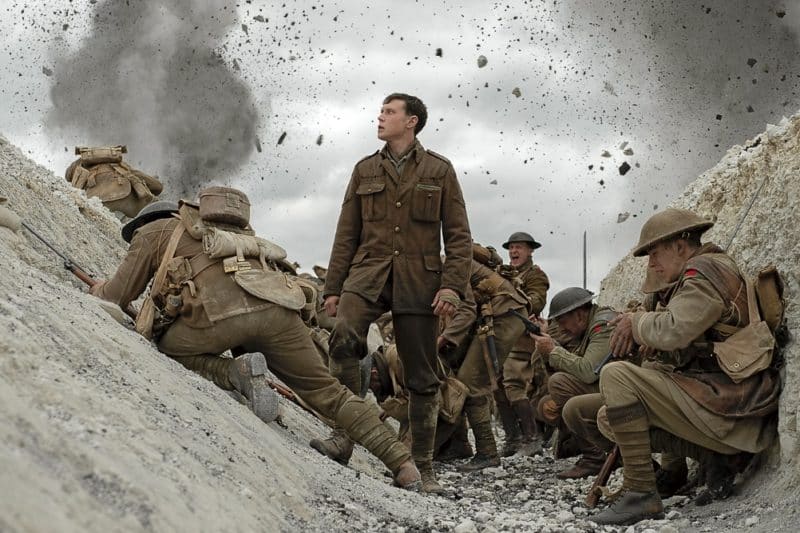Accusations of “whitewashing” and calls for racial and gender quotas again accompanied the 2020 Oscar nominations.
Sheer merit alone, judged by your peers, is not enough for certain lobby groups and their message was widely endorsed in the media coverage.
Box office rankings no longer count, either, as a measure of public acceptance. But if critics’ ratings are worth anything, the top nine nominations were in most of the best film rankings, including my own, and not based on any considerations other than quality.
Another feature of the Oscars was the lack of late runners flowing through to boost the attraction of top films during the New Zealand summer holidays. Most of the nominations had already finished their cinema seasons or been on Netflix since well before Christmas.
The last contender after Little Women, the World War I drama1917 (Universal), is also one of the strongest, with co-writer and director Sam Mendes (Oscar winner for American Beauty in 1999) already having won a Golden Globe for a significant technical achievement.
This is to present the story in “real time”, by minimising time breaks and giving the impression the camera never stops. This intensifies the suspense in a dangerous mission to be carried out in a 24-hour period.
The date, April 6, 1917, is significant for being the day the United States declared war on Germany, thus ending its hopes of victory.
Mendes based his story on one told by his grandfather, though the details and the characters are all fictitious. General Erinmore (Colin Firth) orders two lance corporals (George MacKay and Dean-Charles Chapman) to take a message to Colonel Mackenzie (Benedict Cumberbatch) in another part of the Western Front.
The order is to call off an attack because a tactical withdrawal by the Germans is a trap to lure the British into making an advance that would result in a massacre.
The rest of the story is how this mission is accomplished as the pair cross through the bombed-out wasteland of no-man’s-land into recently abandoned German trenches. There, they face threats such as booby traps, find a deserted farmhouse and witness an aerial dogfight that ends in a plane crash.
More of this follows as the camera soars above the lines, sweeps down on and around the soldiers, pausing only when they do. The use of the single-take camera is far superior to the more gimmicky Birdman, where the technique was intrusive rather than instructive.
The dangers mount toward the end of the mission, with time running out as the attack is planned for dawn. Snipers in a ruined township tempt parallels with what we know of the modern-day conflict in Syria, while a river-full of casualties show wartime carnage is at its most extreme.
The night-time scenes and an incident involving a French mother and her child are less realistic than the action seen in daylight, but these are minor flaws.
Rating: Restricted to audiences over 13. 119 minutes.

Reader Interactions